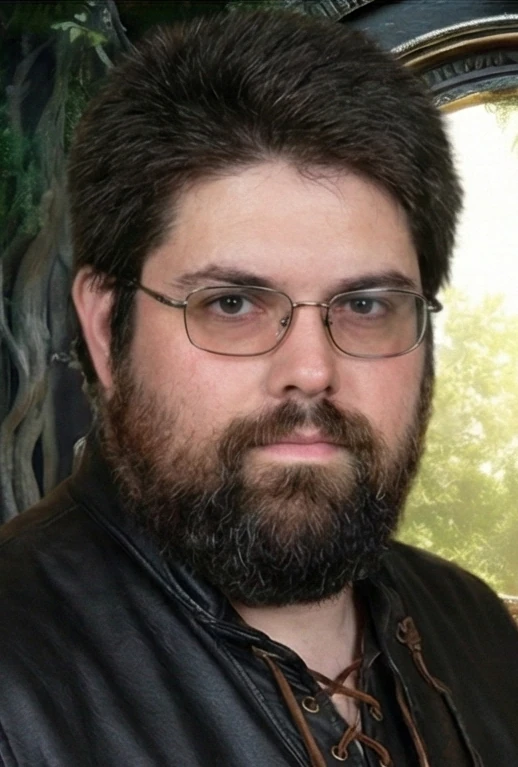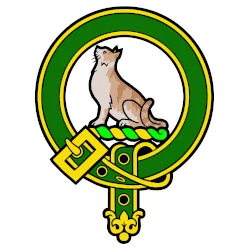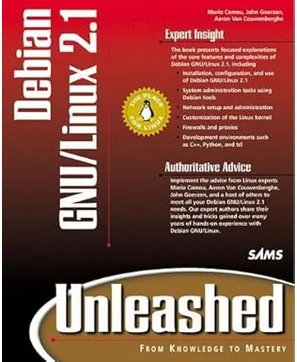Innocence
Innocence is a sequel to the popular anime Ghost in the Shell. And it’s a sequel that gives the lie to sequelitis: Innocence may even surpass it’s predecessor.
Fans of Ghost in the Shell will recognize Batou, who returns in the sequel as the solemn, philosophical cyborg cop. Since the disappearance of the Major, his partner, he has withdrawn further and further into himself. He’s assigned a new partner and put on a case involving robots that are killing their human owners and committing suicide. As you might expect, this is used as an opportunity to explore some of the same themes as before. When we learn to manipulate the senses and memories of other human beings, how can you really know what’s real? What is it that makes a person human, if their body is merely a biological machine? What happens when the machines stop acting like machines, and start acting like humans?
The deep thoughts are so thick in this one that the characters engage in an extended conversation about Descartes at one point. They aren’t self-conscious about it, but they really are wrestling with the questions themselves rather than just going through the motions.
For that matter, those of you who have not read any of Descartes’ work would be well advised to glance through the cliff-notes version so you can understand what the relationship to the story is. For some works, expecting a basic familiarity with philosophy might come across the wrong way, or as grasping too hard for meaning, but here it works.


